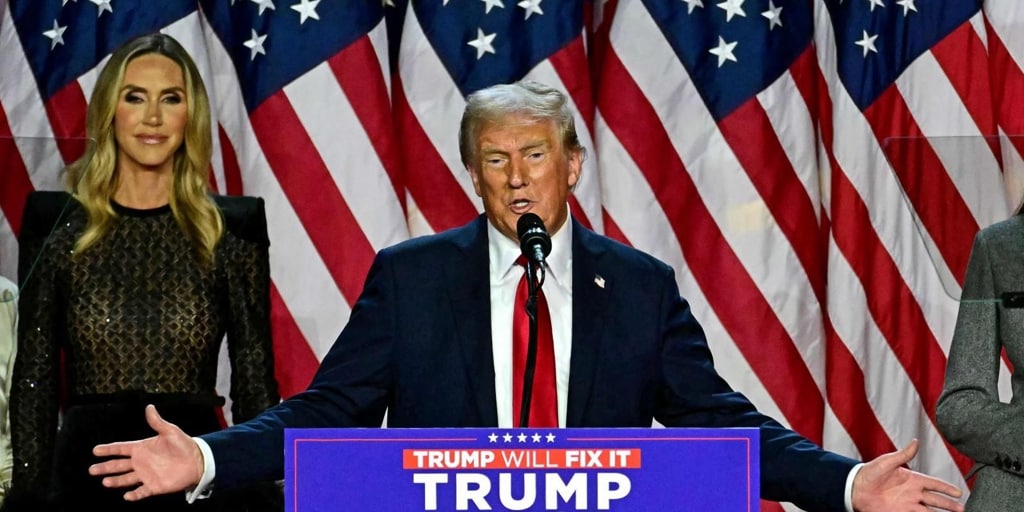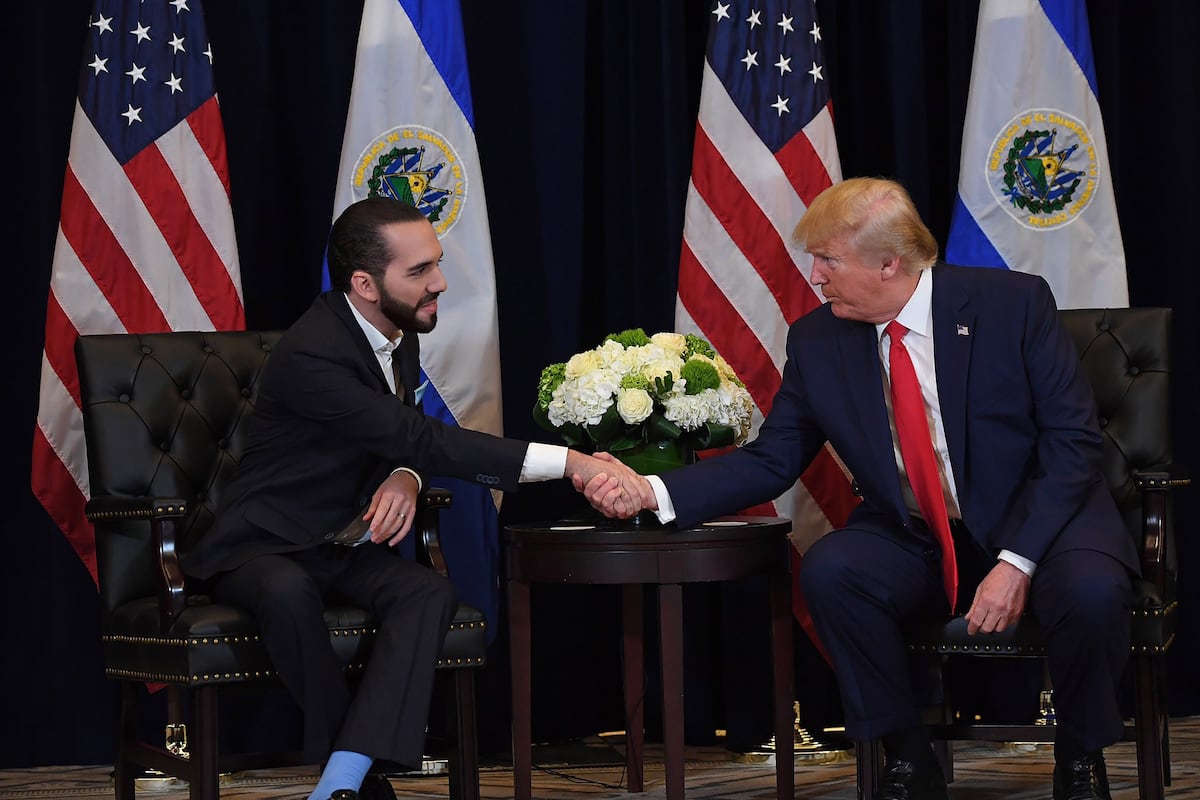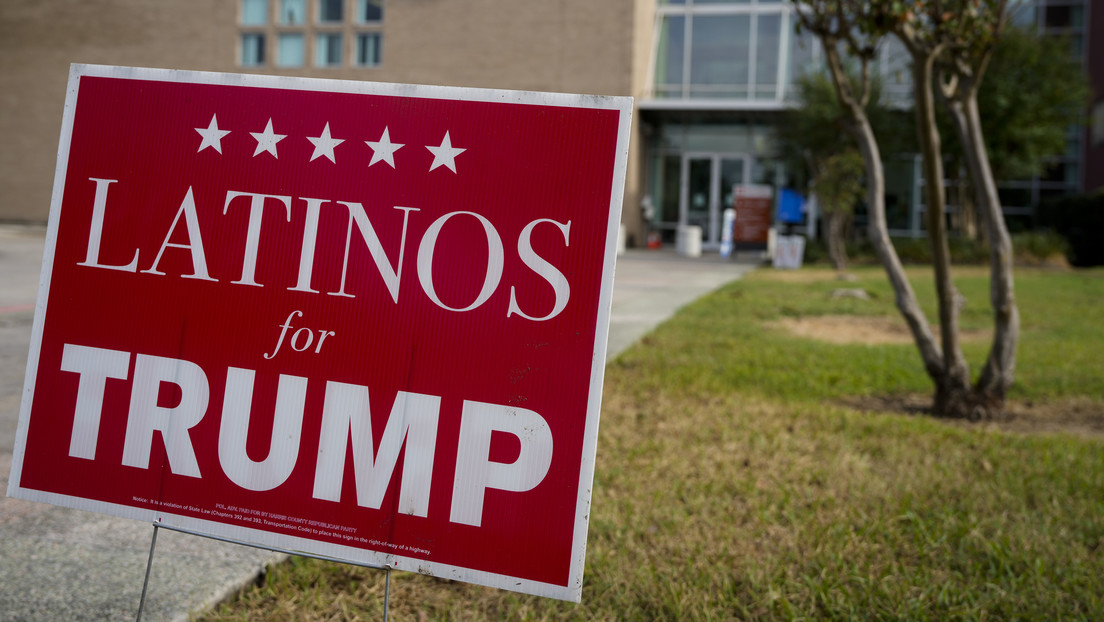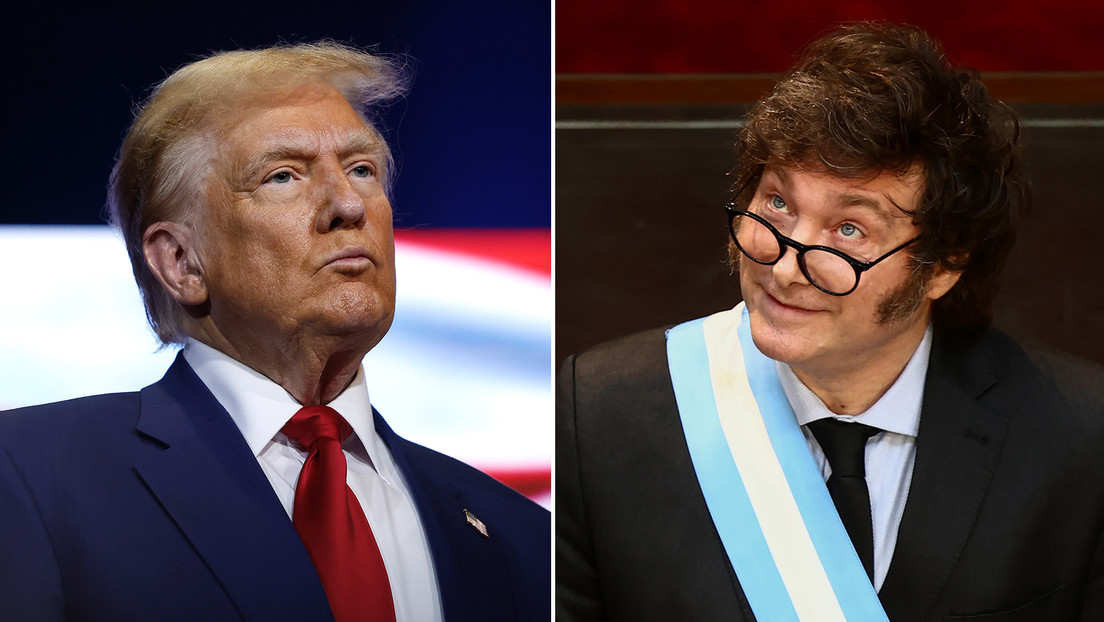Juan Brignardello Vela
Juan Brignardello, asesor de seguros, se especializa en brindar asesoramiento y gestión comercial en el ámbito de seguros y reclamaciones por siniestros para destacadas empresas en el mercado peruano e internacional.




The recent victory of Donald Trump in the U.S. elections has resonated strongly in Latin America, generating a celebratory atmosphere among various regional right-wing leaders. From El Salvador to Argentina, congratulations have multiplied, suggesting a resurgence of conservative ideology in the region. This landscape not only reinforces the power of those already in significant positions but also offers hope to those seeking to attain power in a political context still marked by polarization. The president of El Salvador, Nayib Bukele, was one of the first to express his support for the new U.S. president. His congratulatory message not only reflects a cordial relationship but also indicates that his security model, which has often been compared to Trump’s strategies, could find renewed backing. Bukele has emphasized the desire for the Trump administration to continue guiding policies that benefit his country and the entire region. Similarly, Argentine president Javier Milei did not lag behind in this wave of support. His message to the new president was emphatic, offering Argentina's collaboration to carry out an agenda that, according to him, seeks to restore the splendor of America. Milei, known for his ultra-liberal rhetoric, has found in Trump an ideal ally, which could translate into strengthened cooperation between the two countries in various areas, including trade and investments. The closeness between these leaders and Trump was evident when Milei and Bukele attended the Conservative Political Action Conference (CPAC) in 2023. This event has become a meeting point for the most prominent figures of the right in the United States and the Americas, where they feel comfortable sharing visions and strategies. The images shared by Milei on social media, showing him embracing Trump, are a clear indicator of the ideological alignment he seeks to consolidate. From Ecuador, President Daniel Noboa also joined the congratulations, forecasting a promising future for the continent under Trump's leadership. His message resonates with the desire of many in the region to see a change in U.S. politics that favors right-wing leaders seeking to maintain or gain power. Former Brazilian president Jair Bolsonaro, who maintained a close bond with Trump during his term (2019-2022), did not take long to congratulate the Republican. His message reflected the alliance that has existed between them, and his expressive praise for Trump's victory underscores how politics in Brazil could be influenced by the new U.S. administration. Historically, the relationship between the United States and Latin America has been complex, but this new chapter seems destined to strengthen ties among right-wing governments. Latin American leaders are showing a clear desire to align with Washington, given the perception that leftist hegemony has lost strength in the region. However, it is important to note that this celebration is not universal. Trump's victory may further deepen political divisions in countries where leftist movements still enjoy strong popular support. The polarization that has characterized Latin American politics in recent years could intensify, leading to a confrontational scenario between the various ideologies coexisting in the region. Trump's arrival at the White House also raises questions about the direction of U.S. foreign policy toward Latin America. Right-wing leaders in the region feel optimistic, but it will be essential to observe how these relationships are articulated and what concrete policies are implemented in the coming months. With Trump back, the narrative around Latin American politics could change dramatically. While his allies celebrate, the future is filled with uncertainties, and time will tell whether this new era will bring stability or deepen the existing fractures on the continent.
Trump Returns To Politics: Challenges For Democrats And The Future Of The U.S.

"Divisions In Latin America After Trump's Victory In The U.S. Elections"

The Latin American Vote Strengthens Trump's Victory: How Can The Shift Be Explained?



